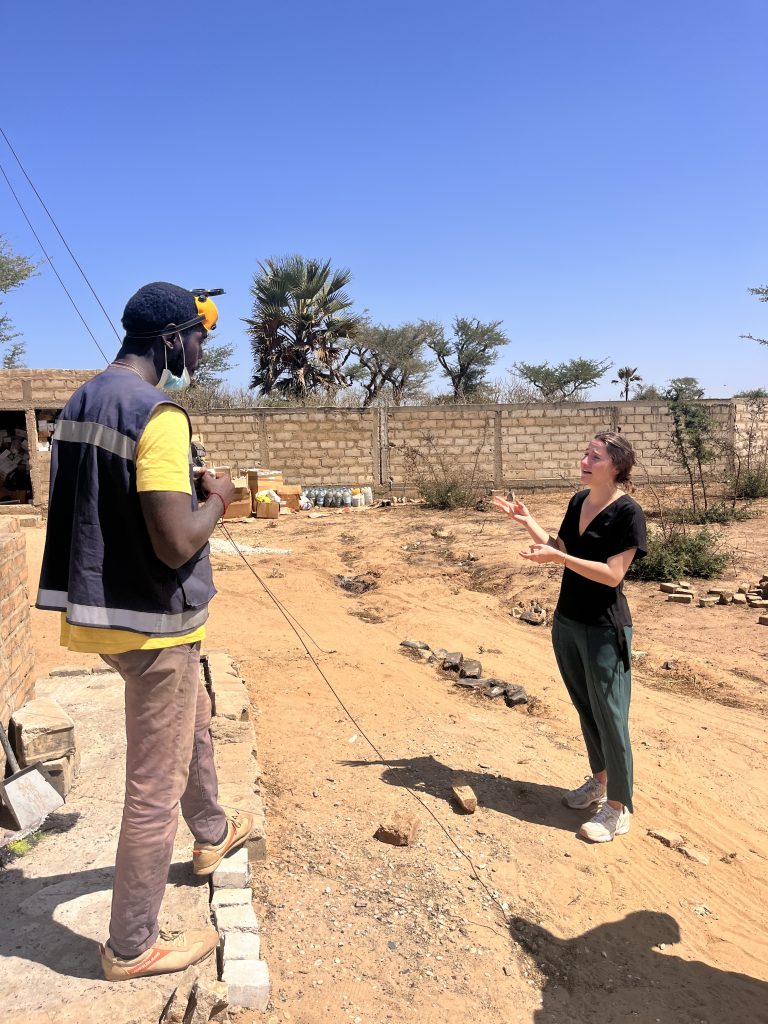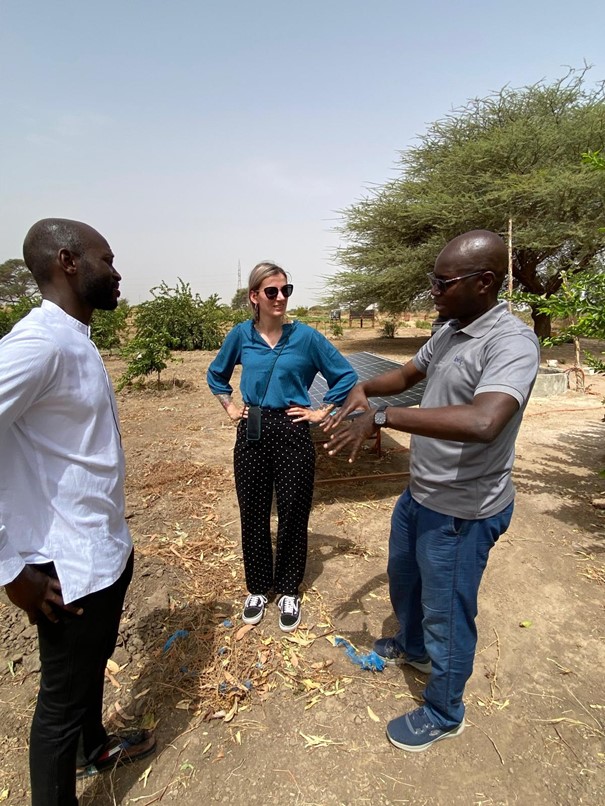Through our monitoring, evaluation and learning, we collect a large amount of data. We not only use insights from these data to structurally improve our own programmes, we also actively share our learnings with both academia and the wider entrepreneurship support community. In this way, we contribute to and influence theory and practice on entrepreneurship.
Our research agenda helps us assess the efficiency of our programmes and identify where we can improve them. Through research we uncover best practices, local differences and what entrepreneurs need most. It helps us better understand our impact on job creation, economic growth and social development. And ultimately, this supports our ability to foster innovation and economic empowerment in the communities we serve. In short, research helps us make greater impact.
As Orange Corners, we want to contribute to the fields of entrepreneurship training and youth development in low- and middle-income countries. So in addition to using data and insights to adapt our own programmes, we also conduct in-depth research on specific themes related to training, finance and entrepreneurial ecosystems.
We have prioritised four research areas and two cross-cutting themes where we will focus our research efforts on in the upcoming years:
- Entrepreneurial ecosystem development
- Scaling businesses in low- and middle income countries
- Entrepreneurship in fragile contexts
- Agripreneurship
Gender and digitalisation act as cross-cutting themes, influencing every research line.
By addressing critical knowledge gaps and sharing our findings, we hope to contribute to a better understanding of effective strategies and interventions to help policy makers, donors, NGOs and others design more effective programmes for young entrepreneurs.

Entrepreneurial ecosystem development
To succeed, entrepreneurs need the right mix of infrastructure, good policies, education, funding and a culture that encourages risk-taking. Orange Corners is interested in topics like how to make most of limited resources when supporting ecosystem development, and whether efforts should target specific regions, industries or entrepreneurs. At the root lies one big question: how entrepreneurial ecosystems differ across developing countries and what that means for tailoring support.

Scaling businesses in low- and middle income countries
Scaling up is key for businesses in low-income countries to survive financially. Research is needed on how businesses can handle challenges like climate change or economic shifts while growing and the best ways to train entrepreneurs for scaling. We’re also interest in how institutions can either help or hold back businesses, and how incubators or programmes like ours can make things easier.

Entrepreneurship in fragile contexts
Supporting entrepreneurship in fragile contexts can be unpredictable, but it holds huge potential to help people build businesses and transform their lives. Research is key to uncovering the unique challenges these entrepreneurs face, from navigating risks and crises to social barriers and limited access to resources. That’s why it’s so important to explore how entrepreneurship programmes like Orange Corners can truly empower youth, adapt to sudden shocks and harness new innovations to make a lasting impact in fragile communities.

Agripreneurship
Successful agripreneurs play an important role in creating sustainable food systems, generating jobs and income and driving social change. However, there’s still a lot to learn about how governments, incubators and financial institutions can better help agripreneurs. We need to better understand how to build their skills, improve market access and meet gender-specific needs. Research can focus on how agribusinesses can grow while dealing with value chain issues, how local innovations and financial tools can support them, and how they adopt technology and respond to climate challenges.





